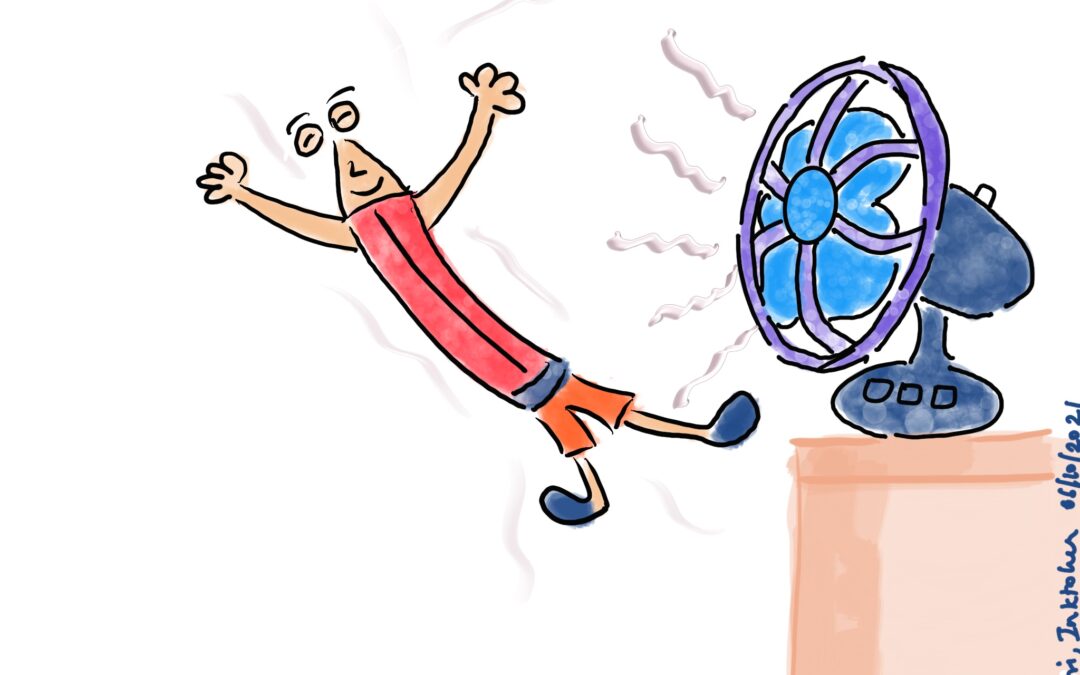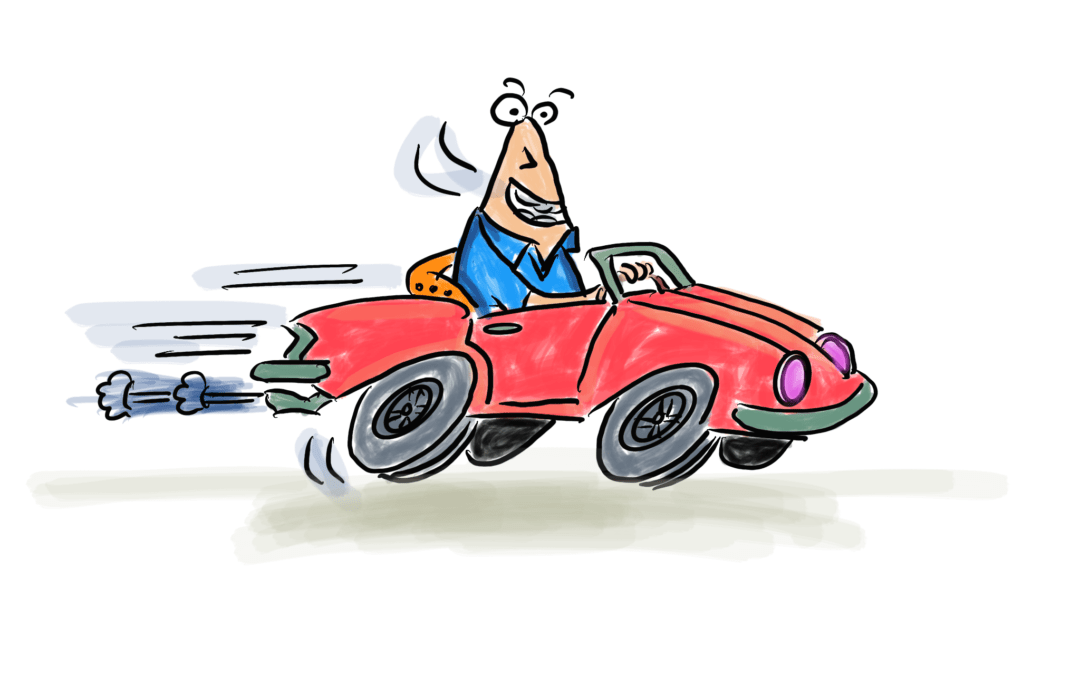
What Is Career Counselling?What Is Career Counselling?What Is Career Counselling?
When I started growing plants years ago, I threw some seeds in the pot, watered them copiously, and then impatiently waited for them to grow. Creating a balcony garden was a hit-and-miss approach.
Careers, too, are often built on a hit-and-miss approach.
When I was growing up, careers were not a matter of choice or intentionally crafting one that aligned with one’s personality, interests, or skills. It was about taking whatever job you were first hired into and building your career from that as a starting point.
My first job wasn’t even what I enjoyed, but that was the first company to hire me, and I ended up spending five years being a software engineer without my heart ever being in it. This is where Career Counselling would have been very helpful.
And what exactly is Career Counselling?
Career Counselling helps individuals make informed career choices that align with their personal and professional goals while enabling them to navigate the ever-changing job market.
Like many definitions, the above paragraph is a “word salad”. So, let’s break it down and understand Career Counselling in depth.
- Why am I (a Career Coach) writing about Career Counselling?
- What is Career Counselling?
- The History and Evolution of Career Counselling
- What happens in a Career Counselling Session?
- When is the right time to seek Career Counselling?
- What are the benefits of Career Counselling?
- Discovery and Exploration of Self
- Insights from the External Environment
- Career Options Evaluation
- Setting Goals and Action Planning
- Interests
- Skills
- Personality
- Values
- A student looking to understand various options before committing to an academic path
- A young professional seeking to explore options before committing to a career path
- Looking for information about various career options, their earning potential, job market relevance and mobility
- Looking to change your career direction at any stage of your life and want to explore options
- Coming back from a career break, and would like to understand what would be a good path forward
- Assessing the viability of converting your passion into a full-time job or a business to market conditions
- Seeking unbiased and a “scientific” perspective on your current and future career.
- Keen on understanding the skill gaps that would prevent you from going ahead with a certain career path.
- Curious about what else is possible for you in the realm of work and career.
- Greater alignment with your aspirations and choices.
- Wider and deeper exploration of oneself through assessments and targeted personal interviews.
- Information about various industries, career options, job roles, geographic mobility and earning potential.
- History-of-Career-Counseling.pptx
- https://en.wikipedia.org/wiki/Career_counseling
- Lots of research all over the internet.
- Plus a good deal of my experience.
Why am I (a Career Coach) writing about Career Counselling?
A few months back, I met my neighbour while walking home. We exchanged enthusiastic, “Hi, Hellos, How are you doing?”
She then asked, “What are you up to these days?”
I replied, “I quit my job last year and am now a Career Coach.”
“Oh, career coaching? What age groups do you counsel?”
I was a bit stumped. I wasn’t thinking about my clients in any specific age range. I have worked with clients ranging from 21 years to late 40s.
I said, “There is no particular age group.”
“Oh, will you do counselling for my son?”
I was confused about why she was referring to me as a counsellor instead of a coach. So I asked her, “What would you like me to do with your son?”
She said, “He is in 10th grade and is confused about what to do next. I think Career Counselling will help.”
I said, “I don’t do career counselling, only coaching.”
“What is the difference?” she asked.
“In Career Counselling, advice and guidance is given to help the student make career choices. I don’t do that.”
We left it at that. (Yes, yes, I could have made a nice little elevator pitch for my coaching service, and I did not do that. Facepalm)
This happened in another instance when I introduced myself as a Career Coach, and the person mistook it for Career Counselling. (link for the difference between Career Coach and Career Counselling)
So, I thought it would be helpful to me and anyone else seeking to understand Career Counselling, whether they need one, and what the process involves.
That is why I, a Career Coach, am writing about Career Counselling. So let’s get on with it.
What is Career Counselling?
Let’s revisit the definition of Career Counselling that was introduced at the beginning of this guide.
Career Counselling helps individuals make informed career choices that align with their personal and professional goals while enabling them to navigate the ever-changing job market.
So, career counselling is a process in which a Career Counsellor works with clients to help them make career choices. They combine personal interests, professional and academic journeys, skills, talents, industry insights, prospects, earning potential, geographic insights, and advancement paths and work with the client to come up with career options, assess, evaluate, and make choices.
Career Counselling uses the Counsellor’s expert knowledge, access to the right information in the context of the client’s situation.
The History and Evolution of Career Counselling
The field of Career Counselling is almost a century old. Frank Parsons from the United States of America is known as the founder of Career Counselling, originally known as Vocational Guidance. The later 19th Century was a time of massive change in America. Industrialisation had changed the nature of jobs and careers. It was a time of societal upheaval.
People in the agricultural sector lost their jobs as machines replaced human labour. As people worked in relatively new industries, new skills were demanded of them. There was a gap between what people knew to do, and what they had to learn to do in order to adapt to the fast changing world.
Actually, this is not very new compared to what we are going through now. The advent of AI has revolutionised and created an upheaval, making many of us question whether we really have the skills needed to survive in a world that is changing so rapidly.
Coming back to the late 19th and early 20th centuries, Frank Parsons, a social worker, established a settlement house for young people who had been displaced by this change. This agency’s primary goal was to upskill and place these young people into employment.
Career Counselling originated as vocational guidance and expanded to include educational guidance for students. Further, as the profession matured, training institutes were founded in America to train Career Counsellors. The number of unemployed people increased (veterans displaced, disabled and returning from World War II), and America plunged into the Great Depression.
Career Counselling evolved in the 1960s to explore more broadly individuals’ hopes, aspirations, and dreams in the context of careers, jobs, and work.
As the Information Technology age set in, the profession evolved to a lot more regulated and standardised approach to Career Counselling, setting policies, guidelines and boards.
The Career Counselling movement has spread from America and many countries have adopted and integrated this approach into their educational systems at different rates and depths.
What happens in a Career Counselling Session?
Broadly, a Carer Counselling Session has four stages the client progresses through.
Discovery and Exploration of Self
The Career Counselling process begins with a series of assessments that expand and deepen the individual’s self-understanding.
Assessments are a great way to begin exploring yourself and your career choices. Different assessments have different areas of focus. Numerous assessments are available in the market that help Career Counsellors work through discovery and exploration with their clients.
Typically, the Counsellor chooses a set of assessments that focus on and bring insights from four areas.
Interests
These not only include career or academic interests but also hobbies. Interests are activities that a person is drawn towards and does not typically have an external pressure or push to do these activities.
For example, I am interested in origami, and there was no external pressure or messages to create paper crafts in a certain way. As a kid, whenever I found spare paper, I made origami with it. So this is one of my interests.
Skills
Skills are learned and intentional behaviours and abilities. There are a wide range of skills that are necessary to cultivate and nurture for an individual’s life and career.
Skills can be technical, interpersonal, thinking, leadership, management, creativity or time management. A Career Counsellor would be a set of instruments to elucidate the skills the individual already possesses and has cultivated.
Personality
Personality refers to the enduring sets of behaviours and characteristics of a person, which are demonstrated by how the person thinks, feels, and behaves. Personality is a product of both nature and nurture. In career counselling, various assessments are used to assess a person’s fit for various career paths.
For example, when I went through assessments as part of my career counselling session, it came out in a personality test that, though I was comfortable working with details, I got bored with repetitive tasks and activities. That insight helped me realise why I was frustrated doing a certain kind of work, and it gave me clarity that in jobs with repetitive, monotonous work, I would be burnt out, frustrated and wrung out very soon.
Values
Values are the key determinator of things that you believe are important to how you live and how you work. They typically define our priorities and have a big impact on decision making and the paths we go down in our life. They also influence the things we are willing to do and what we are not willing to do.
Understanding what our values are, helps us to be aware of how they play a role in our life and work. When our values are not in alignment with how we work or live, then the internal conflict can manifest as stress, depression, burnout and external unconstructive behaviour.
In career counselling, understanding values form a key part of designing one’s career.
Insights from the External Environment
For a career that spans at least 40 years or more, we rarely consider what is happening in the external environment beyond taking the opinions of people in our circle or watching what our peers are doing.
This is a limitation that can be overcome in Career Counselling. Career Counsellors have access to information and data regarding various career options across multiple industries and the job roles that are relevant to the client.
The Career Counselors keep up to date with industry trends. They have access to industry insights and expert opinions on how careers will shape up in the future, what skills will be necessary to succeed in those careers, what the earning potential in that path will be, and what the global scope for specific jobs will be.
Career Options Evaluation
The Career Counsellor will debrief the results of the assessments with the clients and conduct an in-depth personal interview. Combining this with insights from the external environment, the Career Counselor can present the client with various career options.
The various options are explored in depth, allowing the client to reflect on, analyse, and contemplate the career options that they would like to pursue.
Setting Goals and Action Planning
Once the career options are evaluated and chosen, the Career Counsellor helps the client set short term and long term goals, that will help them to get onto the desired career path. Along with visualising and setting goals, the Career Counsellor helps the client devise an action plan so that the client can move ahead and take solid next steps.
What would be the perfect situation in which to seek out the services of a Career Counsellor?
In summary, Career Counselling is about deepening and exploring one’s facets using standardised assessments and working with a Career Counselor to integrate insights from the industry and develop a practical and realistic career path.
When is the right time to seek Career Counselling?
There isn’t a magical moment when it pops into your head, “I need Career Counselling now.”
I went to my first Career Counselling session after hearing a Career Counsellor speak at a work event. By then, I had been working for 9 years, and I wasn’t particularly seeking guidance or career counselling.
So, what made me go for a Career Counselling session?
I was getting that sense that my career was at a dead end. There were opportunities for upward mobility and different geography relocation, but I was at a point where I did not want to do more of what I did. I did not know if a career change was even possible, as I did not want to start from scratch in a new field. I loved the comfortable income and status that my job provided. I wanted to know, out of curiosity, what careers would fit me well if I started fresh.
So, I went because I was bored and also curious.
During the Career Counselling discussions, I gained clarity on my strengths, developmental areas, personality type related to work, how I liked to lead and how I wanted to be led, and a list of potential career options that would be suited to my career path.
Career Counselling is well suited if you are
What are the benefits of Career Counselling?
There are three benefits you can achieve through Career Counselling.
You will come out of Career Counselling sessions with much more clarity on where you are, where you want to go and how to bridge that gap.
The journey towards change begins.
Summary
So, the Career Counsellor is a great person to go to when you want some external market research insights for your career that will help you to make a choice. The Career Counsellor will also help you integrate these external insights with your own personal insights and help you arrive at a course of action that suits you.
Some situations are apt for Career Counselling, and if you think this could benefit you, you can always go for a package and see if it brings you any new insights.
Career Counselling is not a replacement for action. It helps you with the collection of information, analysing and integrating it, and coming up with an action plan. Your journey begins when you start executing the plan.
Read Next: Difference Between A Career Coach and A Career Counsellor
References
Redefine Your Career Path
Ready to redefine your career path? Book a free session to unlock your potential with personalized career coaching.



